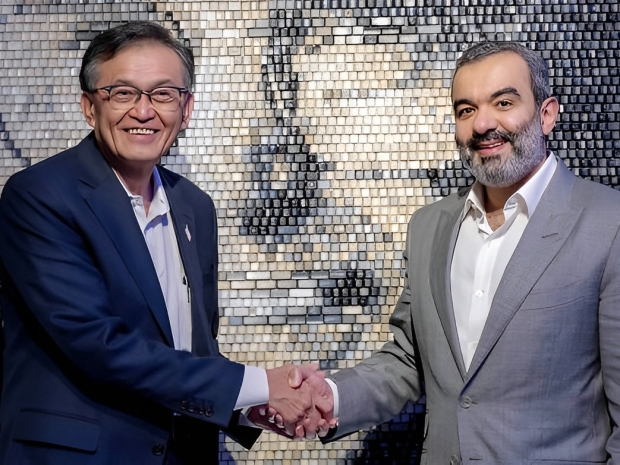The irony here is rich. The same Intel that cut ties with suppliers in Xinjiang over forced labour concerns is now courting a regime that executes dissidents, jails women for social media posts, and dismembers journalists in consulates. By comparison, China’s human rights abuses are at least matched with a credible industrial base. Saudi Arabia barely has a chip industry to speak of, yet still finds itself being wooed for its cheque book becuase chipmaking costs an arm and a leg.
According to Arab News, Tan met with Saudi communications and IT minister Abdullah Al-Swaha to chat about partnering on “advanced computing technologies” and AI infrastructure. It would appear that Troubled Chipzilla wants in on the Middle East’s sudden enthusiasm for building a shiny new tech economy.
The Gulf states, particularly Saudi Arabia and the UAE, are trying to pivot away from oil and gas, betting big on tech as the next cash cow. They don’t have much experience in semiconductor manufacturing, but that hasn’t stopped them from flinging billions at AI, datacentres and future-sounding ventures. This suits Chipzilla just fine, especially given how badly it needs fresh capital to prop up its foundry ambitions and AI product lines.
The idea of a Saudi-funded Intel fab might sound fanciful, but it’s not entirely off the map. Qatar recently tried to convince TSMC to build fabs there, only to be politely ignored due to supply chain headaches and the cost of skilled labour. Chipzilla, however, is not in a position to be picky. It’s partnered with SoftBank, whose Vision Fund is generously topped up by Saudi Arabia’s Public Investment Fund.
Intel’s financial woes have become the stuff of legend. Between flailing AI projects, falling margins and an unconvincing foundry turnaround, the once-dominant chipmaker has been haemorrhaging investor confidence.
Lip-Bu Tan’s recent charm offensive includes partnerships with Nvidia and smoothing things over with the Trump administration. Now he’s off to Riyadh, possibly hoping to secure enough capital to stay in the game.
There’s still no word on what sort of deal might emerge, but given the Saudis’ love of headline-grabbing investments and Intel’s need for a lifeline, don’t be shocked if we see Chipzilla chasing oil money to fund its next act in AI and chipmaking.




